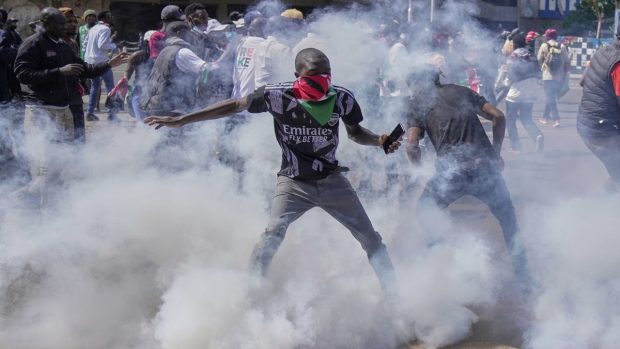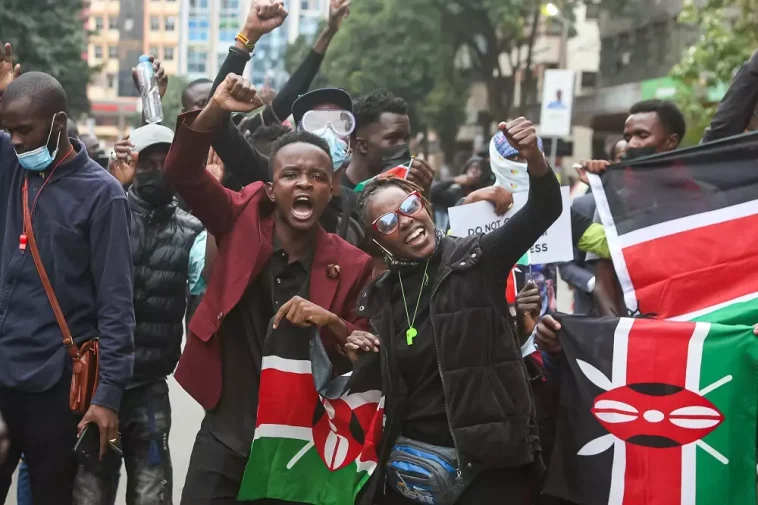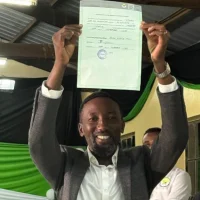Kenya’s High Court has struck out a directive issued by the Communications Authority of Kenya (CA) that sought to block media outlets from airing protests live. The court says the order violated constitutional rights and had no legal basis. The ruling restores full freedom for broadcasters to continue showing demonstrations in real time.

The petition was filed by the Katiba Institute. The group challenged the legality of the CA’s move. They argued that the authority acted outside its mandate. They also said the directive posed a direct threat to media freedom and the public’s right to know. The court agreed.
The judges ruled that the CA’s action was unconstitutional. They stressed that any limit on press operations must strictly follow the Constitution. They said regulators cannot wake up, issue bans, and expect compliance when such decisions lack lawful justification. They also noted that the Constitution protects access to information and free expression. According to the court, those rights cannot be suspended through administrative memos.
Moreover, the court said the CA failed to show any reasonable grounds for restricting live broadcasts. The judges found no evidence that showing protests posed a danger that could justify censorship. They also dismissed the CA’s interpretation of its powers, stating that the authority cannot control editorial decisions.
The ruling marks a major win for media freedom. It also sends a warning to government agencies attempting to regulate content without following the law. The decision affirms that journalists have the right to cover events as they unfold, including demonstrations, public gatherings, and national unrest.
Media houses can now resume live coverage of protests without fear of sanctions or interference. Civil society groups have welcomed the judgment. They say it strengthens transparency and ensures Kenyans continue receiving unfiltered information during public events.
The court urged regulatory bodies to act within the bounds of the law. It also reminded them that constitutional rights are not optional. The judgment reinforces the role of the press in a democratic society and protects the public’s right to see and understand what is happening on the ground.
Discover more from ULIZA LINKS NEWS
Subscribe to get the latest posts sent to your email.


